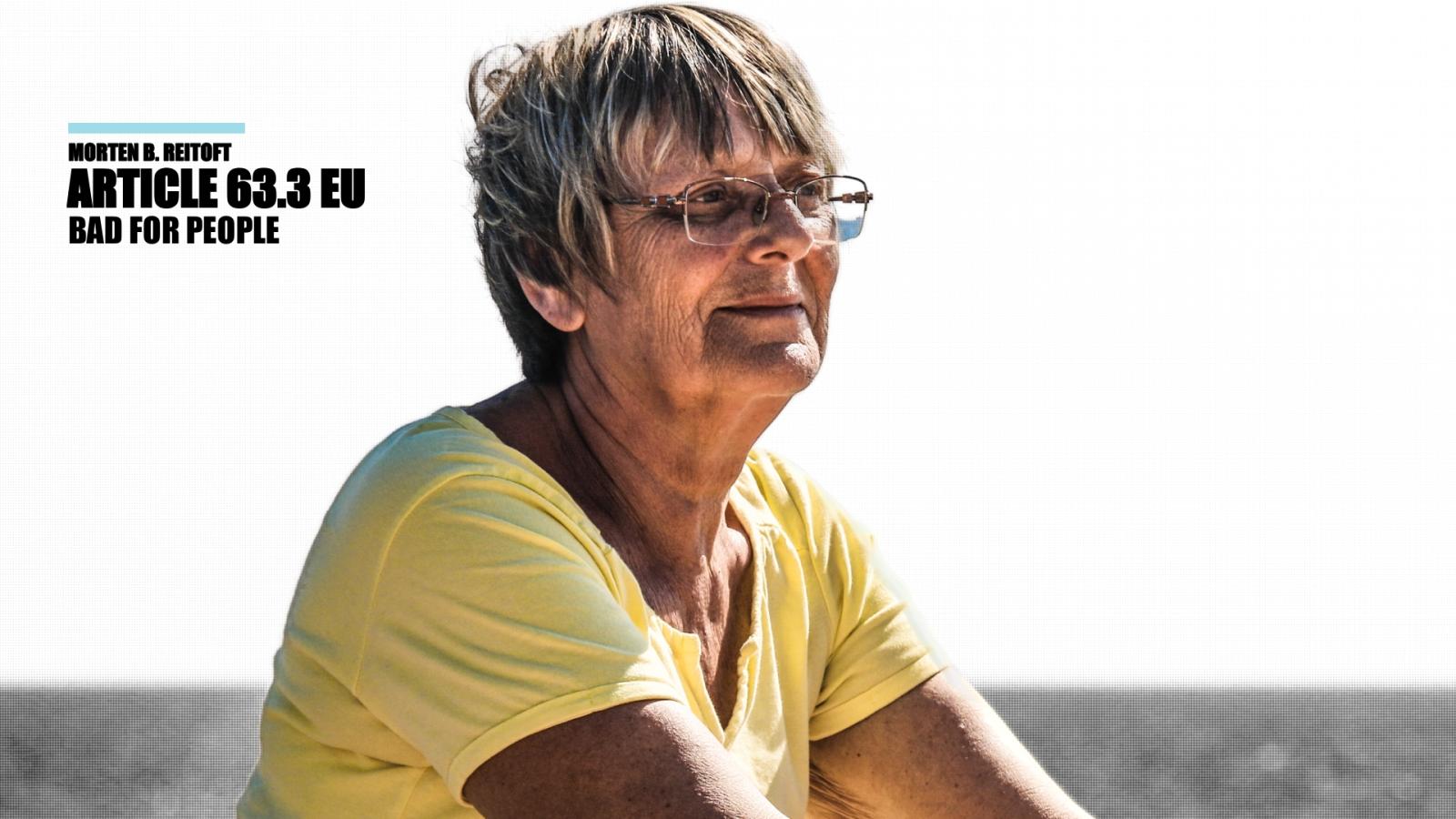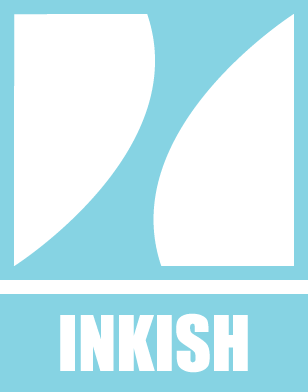My mom was born in 1945 and has always been active as a nurse. Before she retired, she managed an elderly home and more than 400 employees. She used MS Word, Excel, and other software at a relatively high level. My mom is still active and is a volunteer in her neighborhood, helping other people as much as she can. My mom is in many ways well functioning; however, her memory, particularly her ability to use IT, saturates. My mom also has migraines and, therefore, takes different types of medication. Imagining her using a QR code to read the inlays of the medicine is a joke. My siblings and I already help with almost everything that relates to IT - from banking to official emails and everything in between. Do she and other people I know use the inlays a lot? Probably not, but if you are old, sick, or in a situation where you need rapid answers to the effects of your medicine, using electronic means is not OK.
My wife is a nurse. She is a specialist in Chronic Obstructive Pulmonary Disease. When people have this disease, they take medicine, use different medical devices, and generally speaking have limited life quality and maybe even less a surplus in life to struggle to find answers using QR codes and computers.
When the European Union suggests making inlays electronic instead of on paper, this is a disgrace to the people who need this information - but it's also a disgrace to the general public. Everybody can get sick, and everybody can be in positions where access to information can't be dependent on whether you have a phone or a computer - or even an active connection, to get information that can be vital. It's also a disgrace as it serves no purpose. The cost of producing the inlay is so marginal that this will not influence consumer pricing, so who is the EU supporting with this law? Nobody but the pharma industry.
To have information available on both paper and electronically is already a fact, so my recommendation is status quo. We don't need to change anything here. The inlays have a nominal cost and zero damage to the consumer (on the contrary), and the alternative is worse.
We will ask 'Ældresagen,' 'Dansk Sygeplejeråd,' and the doctor's organization 'Yngre læger,' in Denmark to raise their voice against the EU on this matter, and I recommend that you all do the same in your countries!
--
Intergraf's press release



Fri October 15th
Abundância de provas...
O Que Os Papéis Dizem-Semana de 11 de outubro-Por Nessan Cleary
Fri October 8th
A Austrália ainda es...
O Que Os Papéis Dizem-Semana de 4 de outubro-Por Nessan Cleary
Fri October 1st
A cobertura desta se...
O Que Os Papéis Dizem-Semana de 27 de setembro-Por Nessan Cleary
Fri September 24th
Mais sinais de cresc...
O Que Os Papéis Dizem-Semana de 20 de setembro-Por Nessan Cleary
Tue September 21st
A experiência de imp...
INKISH cobre o evento, e mal pode esperar para conhecer a indústria é este talvez primeiro evento físico na Europa:-)
Fri September 17th
Há boas notícias sob...
O Que Os Papéis Dizem-Semana de 13 de setembro-Por Nessan Cleary
Sat September 11th
Perguntas sobre o es...
O Que Os Papéis Dizem-Semana de 6 de setembro-Por Nessan Cleary
Fri September 3rd
Estas semanas histór...
O Que Os Papéis Dizem-Semana de 30 de agosto-Por Nessan Cleary
Fri August 27th
Pesquisadores encont...
O Que Os Papéis Dizem-Semana de 23 de agosto-Por Nessan Cleary
Wed August 25th
Você nunca vai inves...
O que faz PSPs relutar em investir?
Assine
Receba Notificações para se inscrever em nosso informativo
Login (login)
Novo Usuário (novo_usuário)? Registre-se (registre)
Apague Senha (apague_senha)
Registre-se (registre)
Usuário Existente (existente_usuário)? Login aqui (login_aqui)
Login aqui (login_aqui)
Apague Senha (apague_senha)
Por favor entre seu endereço de email registrado Você receberá um link para resetar a sua senha via email (rest_senha_descrição)
Novo Usuário (novo_usuário)? Registre-se (registre)